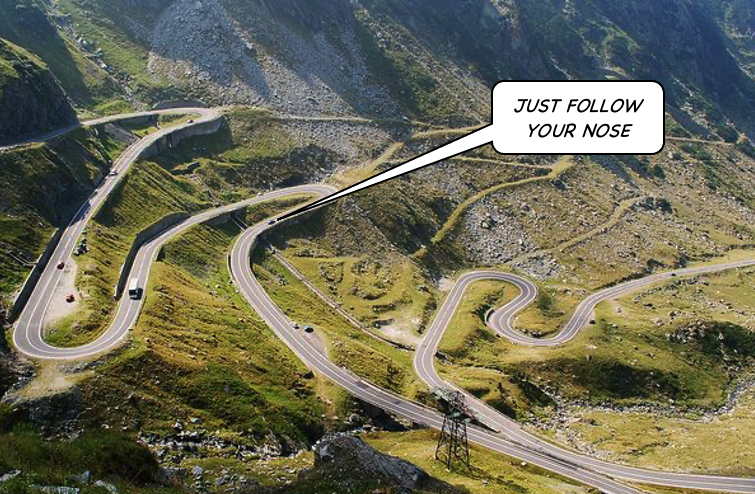Perspective chauvinism
Perspective chauvinism
/pəˈspɛktɪv ˈʃəʊvɪnɪzm/ (n.)
Our own coinage for the fallacy of judging obsolete tricks, technologies or ideologies by contemporary standards — evaluation criteria that, Q.E.D., weren’t relevant when the old technologies or ideas were in fashion.
|
The JC’s very own coinages ™
|
You know how, when you are being dumped, the dumper tells you (accurately, but disingenuously all the same), “it’s not you; it’s me”? Perspective chauvinism is the opposite of that. A perspective chauvinist says,“you know what? It is you.”
Judged by such our own arbitrary standards, outmoded technologies will, the older they get, necessarily seem more and more primitive and useless: the history of design will seem to lead inexorably to right here, right now. This in turn will create the impression, not easily dispelled, that human progress has been slow, steady, relentless march towards a perfect Platonic ideal, and any imperfection in our current locale is simply a reflection that, however far we have come, we are not there yet. We are but hobbits, on the way to Mt. Doom.
This does prompt questions, though. And doesn’t it seem a bit goal oriented? What are we going to to when we get there?
But this is not the lesson of evolution. The environment changes dynamically and capriciously, and by survival of the fittest, the prevailing community adapts to it. We are part of the environment, and as we change, so does the environment, and fitness criteria shift. But not in any particular direction. Evolution develops away from an unfit present state, not towards an ideal future one.
So it isn’t that we are progressing ever more quickly onward, but the place whence we have come falls exponentially further away as our technology meanders, like a perpetually deflating balloon, through design space. Our rate of progress doesn’t change; our discarded technologies simply seem more and more irrelevant through time.
Come to think of it, the current vogue for grandiose political apology, today, for the cultural transgressions of 17th century explorers, then, is a form of perspective chauvinism, too.
